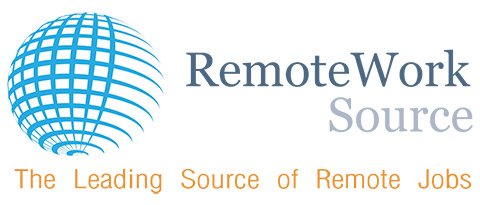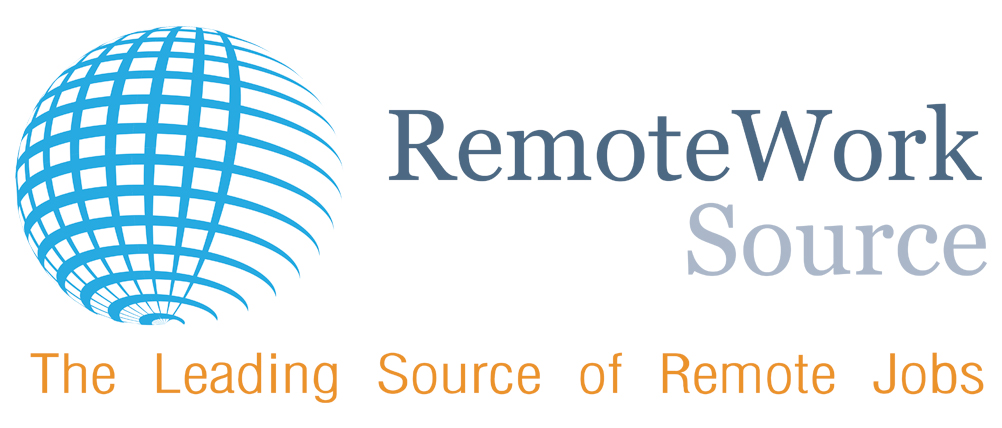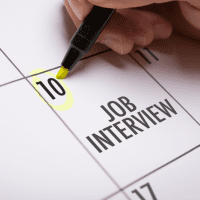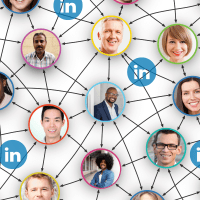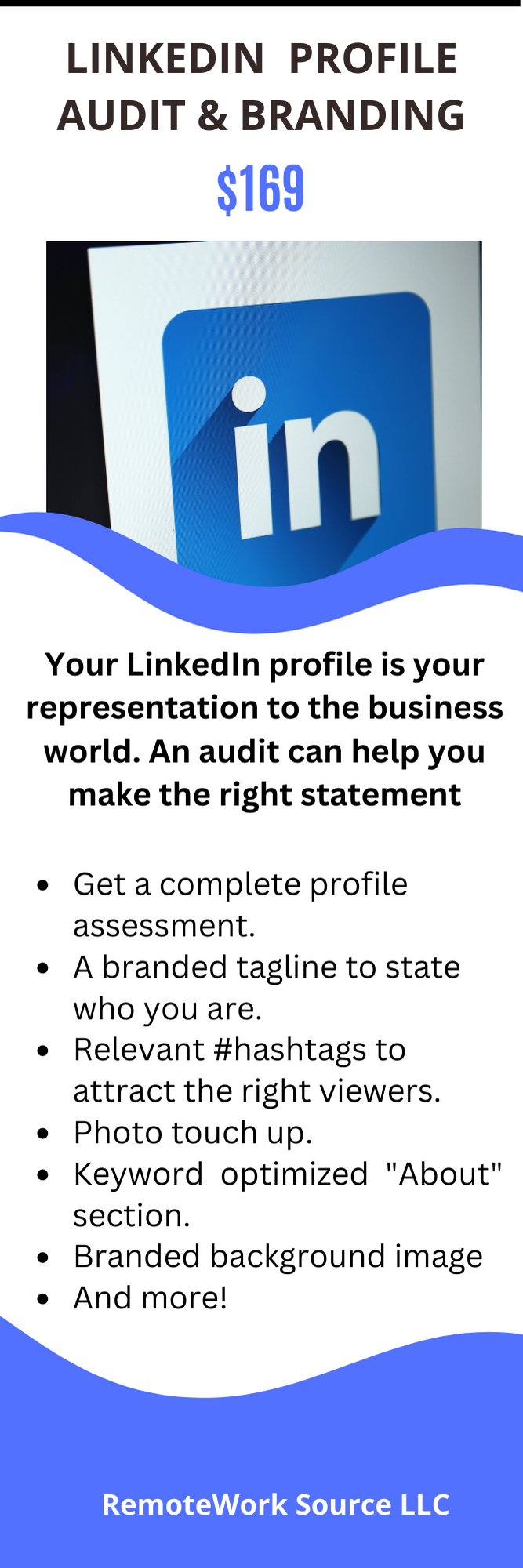The Likability Factor: A Complete Guide to Making a Great First Impression and Boosting Your Job Interview Success
Candidate likability and its influence on hiring decisions, is something recruiters don’t like to talk about, and organizations may flat out deny. But despite the use of objective scoring systems, many hiring decisions are still based on feelings.
Likability and interview success:
- How likability influences decision making
- How instant judgments happen
- What makes a likable candidate
- First Impression Data
- Likability checklists
- How likable are you?
When questioning the influence of likability, Ace World Foundation, a branding company for job seekers, reveals, “Ask any number of recruiters what really made them choose one candidate over the other, especially when they all had very similar qualifications, and the most common answer is: ‘There was a good cultural fit,’ or a more honest, ‘Well, we liked that candidate better’.”
With demands for cultural diversity pressing hard on companies, more and more are fighting to combat the influence likability has on hiring decisions. It is a battle they’re not winning. That’s because likability isn’t just a diversity issue. It’s a human issue that transcends race, gender, age, or pronoun identity. While there are intersections, likability is individually determined.
“The concept of likability is often overlooked by job seekers. There is no place where this concept is more relevant than in the job interview and likability can often be a deciding factor,” career specialist Louis Green writes on LinkedIn. If a job seeker isn’t likable, they are almost un-hirable.
How does likability influence decision making?
Being likable is powerful. It is key in politics. Those approval ratings we hear so much about during elections? That’s all about likability. A recent article about Donald Trump in Breitbart News had this to say:
“What’s key about ‘favorability’ is that it’s basically a ‘likability’ poll. A winning favorability rating means the public likes you, which can be even more important than your job approval ratings… People liked [Trump] more than they approved of the job he did. It was one of those things that allowed his approval ratings to sometimes defy gravity.”
As voters, we want to believe we’re too clever to vote on likability alone. But when we must decide between two similar candidates, the most likable one wins our votes. Studies have shown likability to play a role in many other situations in life, too.
For example, the likability of expert witnesses influences jurors in criminal cases. Research from the School of Psychology, The University of New South Wales, Kensington, NSW, Australia, found that “less likeable experts were also significantly less persuasive than either neutral or more likeable experts. This ‘penalty’ for less likeable experts was observed irrespective of evidence quality. “ The likability or less likability of experts played a role in the sentencing of defendants, too. Likability is that powerful!
A split-second likability decision
Perhaps more astounding than the impact of likability is how quickly we decide if a person is likable or not.
According to Eric Wargo, “a series of experiments by Princeton psychologists Janine Willis and Alexander Todorov reveal that all it takes is a tenth of a second to form an impression of a stranger from their face, and that longer exposures don’t significantly alter those impressions (although they might boost your confidence in your judgments).” [Emphasis added.]
A tenth of a second! That’s not a very long time. This means the instant a recruiter sets eyes on you, they make a judgment of your likability. A candidate doesn’t have to utter a word. If the recruiter is near a window, their evaluation of you may begin the moment you step out of your car or as you walk into the building.
How does this instant judgment happen?
People are visual. In a split second, we use our eyes to determine if a person or situation is threatening or safe. We are all wired with this gift. What we weren’t wired with is the vast amount of incorrect programming or negative experiences that feed our wiring, creating and reinforcing biases that impact our instant judgments.
We all make judgments about another person’s competence, trustworthiness, and ability to get along by a quick scan of their facial features and expressions when we see them for the first time. And, we look for clues from the person’s body language to support what we’ve “read” from their face. If their body language isn’t congruent with their facial expressions, it sends an alarm that something isn’t right. We either suspend judgment to investigate further, or use this to support a judgment we’ve already made. It mostly depends on what our initial impression was.
There are two sides to an interaction when people meet. In a job interview, there’s your side (the candidate), and there’s the recruiter’s or hiring manager’s side. You can’t control the recruiter, but you can control your own behavior, which can then influence a recruiter’s decision. You do this by making a stellar first impression and being a likable candidate.
“This may sound terrifying,” writes Travis Bradberry for Forbes, “but by knowing this, you can take advantage of it to make huge gains in your likeability. First impressions are tied intimately to positive body language. Strong posture, a firm handshake, smiling, and opening your shoulders to the person you are talking to will help ensure that your first impression is a good one.”
So much is riding on the first impression you make, and it would behoove you to do your best to make it a good one.
What is a likable candidate?

Likability isn’t an inherent trait. Likability is learned. Anyone can make a great first impression.
Being likable is not an inherent trait where either you have it or you don’t. Likability is something we learn. Some people learn it early in life, so they seem to have been born with it. This isn’t true. Likability isn’t determined by race, gender, age, ethnicity, weight, or any other factor outside of our control. Likability is learned. [1]
“The good news is there are some behaviors that clearly correlate with being liked,” writes Louise Green on LinkedIn. “Some people believe that likeability is innate, i.e. you’re either likeable or you’re not. But that’s wrong. As with any skill, if you focus on the right behaviors and apply yourself, with practice you’ll get better at being liked by people.”
Researchers have learned common traits that recruiters find likable in candidates, personally and professionally. It’s being personally likable that recruiters admitted influenced their hiring decisions. Being personally likable covers two areas for candidates: their first impression, and the candidate’s interactions with people in the office (including the recruiter).
Data from a survey of 2,000 recruiters on first impressions:
- 47% of interviewers said that they wouldn’t offer the job to a candidate if they had little knowledge of the company
- 33% knew whether they would hire someone in the first 90 seconds.
- 40% of interviewers thought that a lack of a smile is a good enough reason not to consider a candidate.
- 50% of interviewers said they would eliminate a candidate for the position because of the way they dressed, acted, or walked through the door.
- 20% of interviewers said that candidates who sat with their arms crossed during their meetings were not considered for the role, because of their body language that reflected their lack of confidence.
- 65% of interviewers said that candidates who failed to make eye contact didn’t get the role for which they were applying.
- 40% of interviewers stated that the quality of a candidate’s voice and their overall confidence was a reason for not taking their candidacy further.
If you prepare brilliant answers to 50 tough behavioral questions, yet haven’t learned how to master a first impression, you cut your chances of getting hired in half before the interview is over. Knowing this, you have some choices. You can use this information to complain about the system (which is, admittedly, broken), or you can work on being likable during an interview process. You don’t have to change who you are, just what you do in this situation.
It’s interesting, isn’t it, that people will jump through hoops to work on a first impression for a romantic date, yet won’t exert a fraction of that energy to work on their impression for a job interview? To be honest, making a great first impression isn’t that difficult. Think of it as using your best table manners for a first date. Let’s look at some of the ways you can become a likable candidate.
Likability first impressions checklists
Before leaving the house:
- Dress for the job. Be clean, neat, and appropriate. This is not the time for clothing to make a political statement, or look sexy, or show off designer taste. Also, be comfortable. If you have to keep yanking your skirt down every time you stand up, that will make an impression.
- Smell pleasant, but not overbearing. A shower and deodorant usually work just fine. Smelling too strong will make an impression.
- Sport a neat hair-do. And jewelry should complement an outfit, not compete with it.
- Double check on the interviewer’s name and pronunciation. Forgetting or mispronouncing their name will make an impression.
- Wash your car. Pulling up in a dirty vehicle will make an impression.
- Double check your belongings. Extra resumes? Check. Working pens? Check. Reference sheet? Check. Make sure everything is in a folder that won’t let things fly out if you drop it or there’s a strong wind. Chasing papers across a parking lot will make an impression.
Arriving to the interview:
- Show up at least 15 minutes early. If you are nervous, do some box breathing before leaving the car. Your anxiety will decrease.
- Tell yourself you’re about to see someone you’ve been wanting to see for a long time. Let a small smile creep up, and hold the pleasant expression. As you walk into the building, relax your stance, letting your shoulders roll back, and hold up your head.
“A subtly happy facial expression could also help you seem more trustworthy than a neutral or subtly angry facial expression, according to a 2021 study. Study participants not only rated people with happier expressions as more trustworthy, but they also said they’d be more likely to loan them money or vote for them.” Erica Cirino, Et al, Healthline.com
- If someone is behind you, hold the door for them, no matter who it is, and give them a kind smile. Make sure you’re smiling with your eyes, too.
- Offer a smile and quiet “hello” to everyone you pass as you head toward the office.
- If anyone seems to need help, even a janitor, let concern show in your eyes and offer to help. I guarantee that someone will see this. Always remember: no matter how “low” someone is on the company totem pole, they connect to someone.
- Make a quick stop in the bathroom and double check your appearance. Practice a big, warm smile, using your entire face.
- Warmly greet the receptionist. Bonus points if you can greet them by name. PRO TIP: A receptionist is a gatekeeper and they DO wield influence.
- Sit relaxed, but not overly casual. If your nerves start up, don’t shake your ankle, foot, or knee. Don’t sigh, and don’t pace the waiting room. Lower your anxiety by discreetly doing some box breathing.
Meeting the recruiter:
- Be ready for the recruiter’s first impression. Will they find you slouched in your chair, nervously biting your lip? Let’s hope not! As you rise from your chair, keep your shoulders back, giving them eye contact and a full smile as you walk toward them.
“Smiling is shown to be a psychological signal of altruism (among other positive correlations). When you smile at someone, it makes her more likely to trust you, and it makes you seem more approachable. Flashing a smile in those first seven seconds of meeting someone may be all it takes to forge a stronger first impression and connection.” Serenity Gibbons, Forbes
- Greet the recruiter by name. Your smile should be full, your eyes should light up, your voice should be warm, subdued, and assuring. Your handshake should convey confidence and friendliness.
“Greeting people by name is one of the most basic and influential social skills strategies, especially if your goal is to engage someone in conversation. This strategy works for both introverts and extroverts. If you’re an introvert it’s a simple way to get the conversation going socially. If you’re an extrovert, it’s important to remember that using someone’s name can leave a big impact on their impression of you and the relationship you might build,” advises networking experts at Marchall Connects. “Studies tend to show that forgetting someone’s name sends the message that someone is forgettable or unimportant. It’s also shown to make people feel less close to you. These, combined with how good people feel when you DO remember them, are just a few important reasons to learn to remember people by name.”
Cementing the likable impression
During the interview:
- If you’ve made the interviewer feel liked and comfortable, they will probably be pleasant and chatty as you both walk toward your seats. Allow the interviewer to sit first, or for them to ask you to sit down. Say “thank you.” (All those good manners you learned watching Barney will work wonders during an interview.) Continue to hold your pleasant expression, but be ready to switch into whatever mode the interviewer does.
- Throughout the time the interviewer is speaking, listen actively. Maintain eye contact. Nod your head slightly here and there, and say, “mmm hmmm” to show you are following along carefully. If they interject anything personal about themselves, pick up on it. For example, if they mention needing to pick up their kid from daycare, respond with interest, asking if they have a boy or girl, or their age.
“If you know who will be interviewing you, learn a little about the person. Do you have any interests in common? If so, you might want to mention it. Studies show that common interests immediately make you more likable.” Kamana Mathur, GovLoop.com
- Connect with the interviewer. You should have researched the interviewer at home via LinkedIn and other channels. If you discovered you attended the same university, bring attention to it by asking them a question, not just stating it as a fact. For example, I never just said, “I noticed we both attended DePaul University.” That does not make a connection; it just restates something they already know from my resume. What I would say is, “By the way, I saw you attended DePaul. Did you study at Lincoln Park campus, too?” If they said they went to the downtown (Chicago) campus, I’d exclaim, “Nice! What was that like?” I have connected with them and shown admiration for them.
“New research from a team of Harvard psychological scientists suggests that asking more questions—and in particular, asking more follow-up questions—increases people’s positive impressions.” Association for Psychological Science
- The ability to actively listen and to be empathic are two must-have skills for successfully connecting with someone you just meet. Once a first impression is past, you won’t cement your likability if you aren’t able to continue to BE likable. Fortunately, active listening can be learned, and empathy can be learned about. They are also key to successful working relationships, so learning them will help you go a long way.
“Likability is becoming a bigger factor for success at work as social networks and videoconferencing grow…The ability to come across as likable is shaping how people are sized up and treated by bosses and co-workers,” wrote reporter Sue Shellenbarger for the WSJ. This is increasingly important, says adds, for applicants who interview online. Video presents a unique barrier to sharing personality, and people have to be more conscious of how they express themselves over camera.
How likable are you?
Do you feel like this likable stuff just isn’t you? That being likable is being untrue to who you are? I get it. I am not suggesting you change who you are or how you feel. Ever. Learning new skills does not change who you are. Just like learning new math skills doesn’t alter your identity. These are all tools to apply to situations that need them.
“I’ve trained myself to illuminate the things in my personality that are likeable and to hide and protect the things that are less likeable.” — Will Smith
I’m going to tell you a secret. I’m not necessarily a likable person. I’m typically a loner who doesn’t feel the need to make friends and socialize. I don’t enjoy small talk. And I turn down outings that don’t serve some “higher purpose,” such as learning something unique, or getting something. However, I can behave very likable when I choose to.
That’s me when I’m being me. However, I have always known how to BE likable when the situation requires me to be.
I took this likability test on ZandaX which was recommended by several websites. It covers some of the most important characteristics employers want in candidates. I wanted to try it prior to suggesting it in this article. I answered honestly, and my likability score came to a whopping 56%. I wasn’t surprised. Try it!
“You’ve heard it before, and it stands for the interview. In order to sell the product (which is you), it’s critical to know what’s important to the buyer.” Forbes
If you’re asking yourself why you should jump through all these hoops for a job interview, let me answer with a simple question: Do you want the job? Because being likable is probably the only way you’re going to get it.
Your turn: How important do you think likability is in having a successful interview?
Footnotes:
[1] I am aware of the role societal norms and expectations influence impressions, and that these norms are influenced by systemic biases against various groups.
Let’s talk more about it. Join us on Facebook and LinkedIn
Does your resume need help? Check out our resume rewrite packages!
Category: Featured, Interviewing, Networking, Self-Assessment
